A dynamic new debut book that dares to be different and is set to delight readers is Good Intentions by Kasim Ali.
The engaging story of love in modern Britain revolves around a young man torn between obligation to his Pakistani family and a future he wants with his secret black Muslim girlfriend.
The multi-layered romance shines a light on family, cultural bias, self-awareness and being caught in an important crossroad of life, with authenticity, empathy, and humour.
Eastern Eye caught up with a bright new literary voice for a fascinating discussion on his new book Good Intentions, which has already received a lot of attention and positive reviews before its official publication date on March 3.
What connected you to story writing?
I’ve always been a storyteller. As a child, I thrived on telling stories to my friends and siblings. As I grew, this became something I did less through voice and more in written words. There is a power in stories, of not just being inside the kinds of lives and worlds you would want to live in but the kind you might never get to experience yourself.
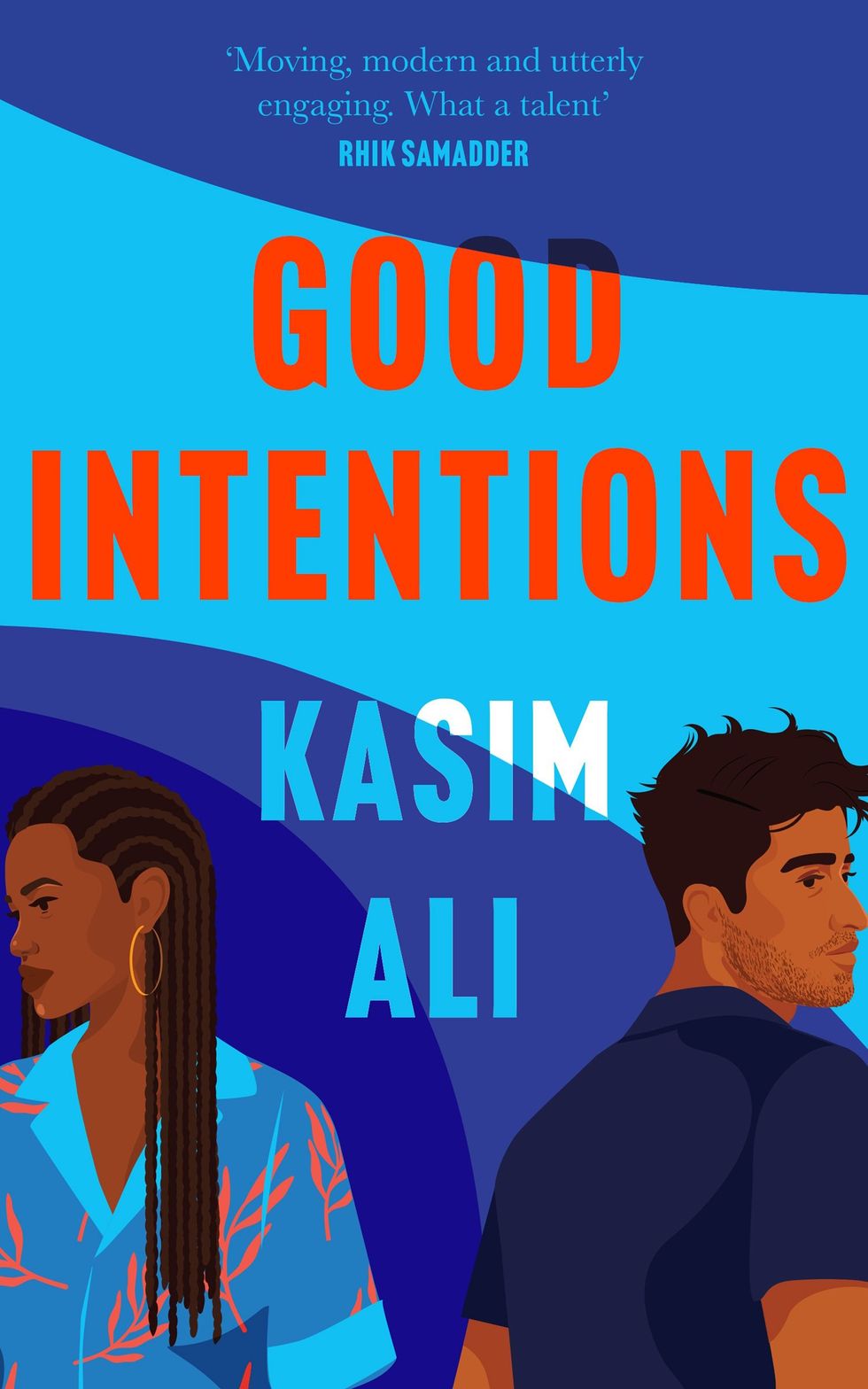
What led you towards writing your book Good Intentions?
My answer to this is twofold – one, that I wanted to read a romance featuring an interracial couple, which didn’t consist of a white person and another race. Two, that I wanted to write openly and honestly about anti-Black racism in the South Asian community. Both these things are taken from my reality; I often see people exist within romantic pairings that do not contain whiteness and have seen people of my own community exhibit anti-Black behaviour.
Tell us about the story?
Put simply, Nur, a Pakistani Muslim boy, falls in love with Yasmina, a Sudanese Muslim girl, and proceeds to hide her from his family for four years because he doesn’t believe his family will accept her. When he finally tells them, this belief of his is interrogated. It asks questions of how much stress a relationship can take before it snaps, what hurt we can do to others when we believe we are saving them, and how the relationship between child and parent should be navigated.
How much of it is based on real life?
If the question here is how much of Nur and Yasmina’s relationship is based on my own life, then the answer is, nothing. If the question here is how much of this is taken from what I have seen in the world, then the answer is, everything.
What was the biggest challenge of writing the book?
I was writing about something I had not directly experienced and in the world, we live in now, when there are vital conversations happening about who gets to tell what stories, I was worried I might not be able tell this story, as much as I wanted to, with sincerity and authenticity. But I still wrote it, because I believed in it, and before it ever went anywhere professionally, it was sent to a close friend whose opinion I have never lost faith in. It was when they told me this was something important that I began to believe in it myself.
What inspired the Good Intentions title?
When I thought about the title, I tried to drill down to exactly what it was that made this book. It was the characters, I knew, the way they behaved, and what they did to protect one another, but ended up causing hurt. They had good intentions, I realised, but those intentions never quite resulted in good behaviour. Hence, the title.
What is your own favourite part of this book?
The second chapter, where Nur and Yasmina meet one another at a university party. This was incredibly fun to write, and it’s been the best part to read back. I love the dialogue in this section and the way people bounce off one another. Whenever I read it, and I have read it many times now, I always envisage it as a one-take shot, with the camera following Nur around as he moves from the living room to the outside, bedroom, garden and kitchen. I love that scene.
Did you learn anything about yourself while writing it?
That I believe in love more than I thought I did.
How much does it mean to you that the book has received a positive response before the publication?
This is a very kind question. I imagine I am like most writers in that I never imagined anyone reading this. Or, rather, I imagined people reading it (because I am always writing for an audience, even if I don’t think I am), but I never imagined them liking it. To hear people relating to the ideas in the book, characters, and journey they go on, is nothing short of incredible. I don’t think I’ll ever get over it.
Who do you hope connects with this book?
I hope that anyone who reads it finds something in it to relate to. But mostly, I want people like me to connect with this – young Muslim people who are born in a Western world but raised with the ideas of a non-Western world. I want to show them that their stories matter just as much as the others we have grown up with.
What do you enjoy reading and do you have a favourite book?
Asking a reader, which is what I am above a writer, their favourite book, is perhaps one of the most unfair questions to ask. So instead, I will tell you about the book that impacted me most - White Teeth by Zadie Smith. It is the earliest memory I have of reading a book about people I recognised from my own life, and it taught me that our stories mattered.
What can we expect next from you?
I am currently working on edits for my second book and writing a third.
What inspires you as a writer?
Everything.
Why should we pick up your new book?
A question that my humility begs me not to answer but one for which my ego has endless time for. So, I'll settle for two simple reasons; it's a story that hasn't been shown before and needs to be told, and it has a beautiful cover.
Visit Twitter: @4thEstateBooks & @juskasim






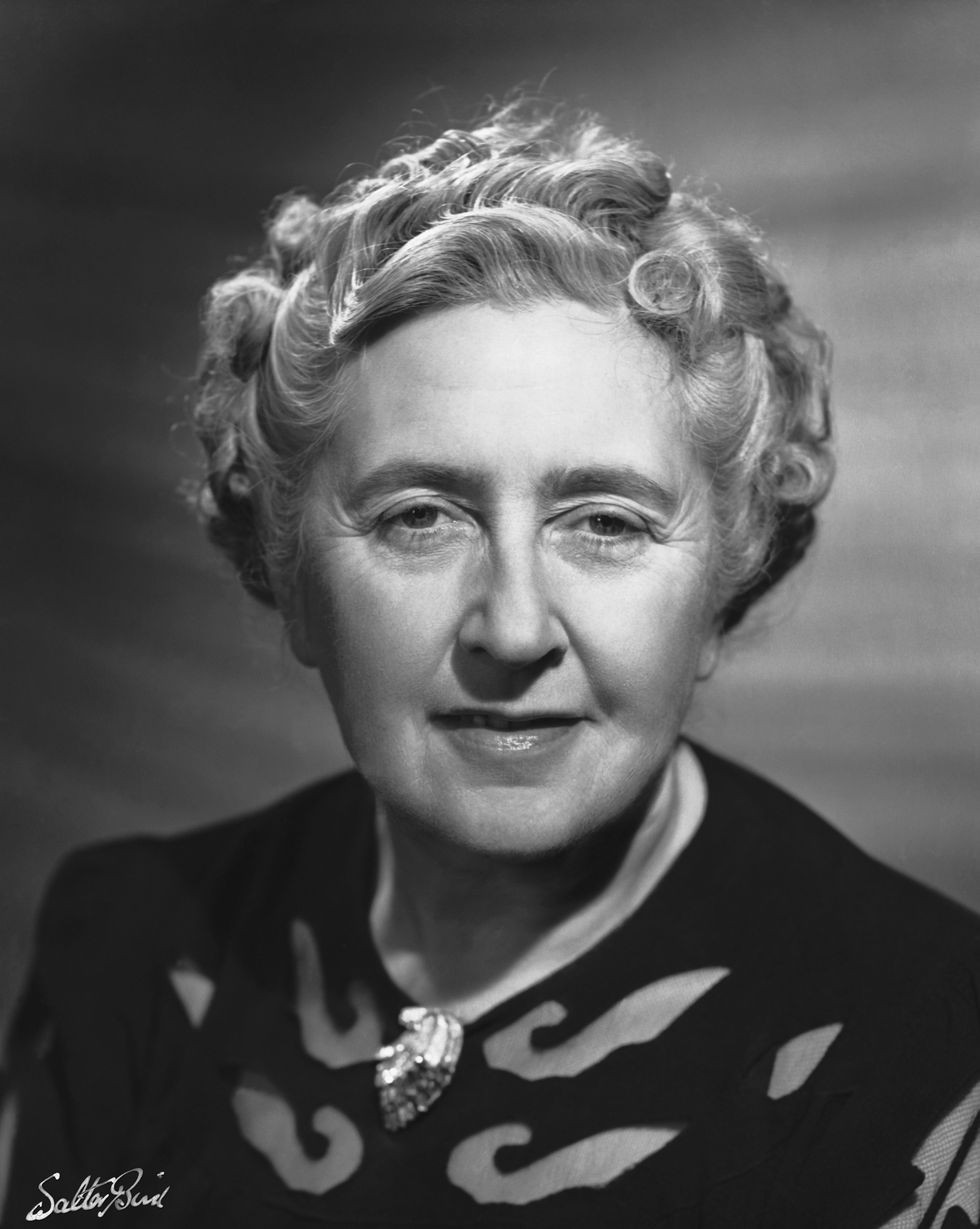 Agatha Christie
Agatha Christie









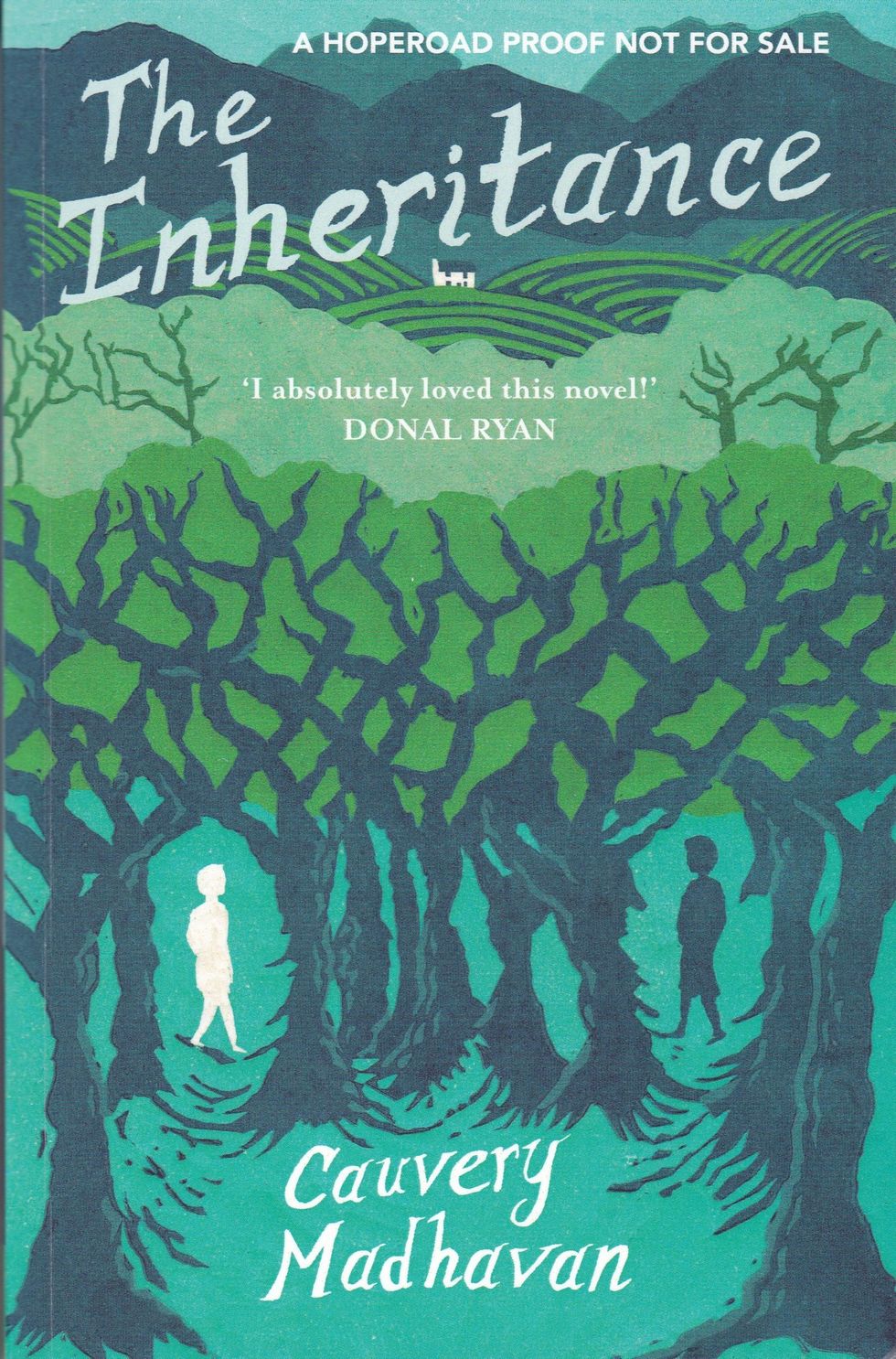 Her new novel
Her new novel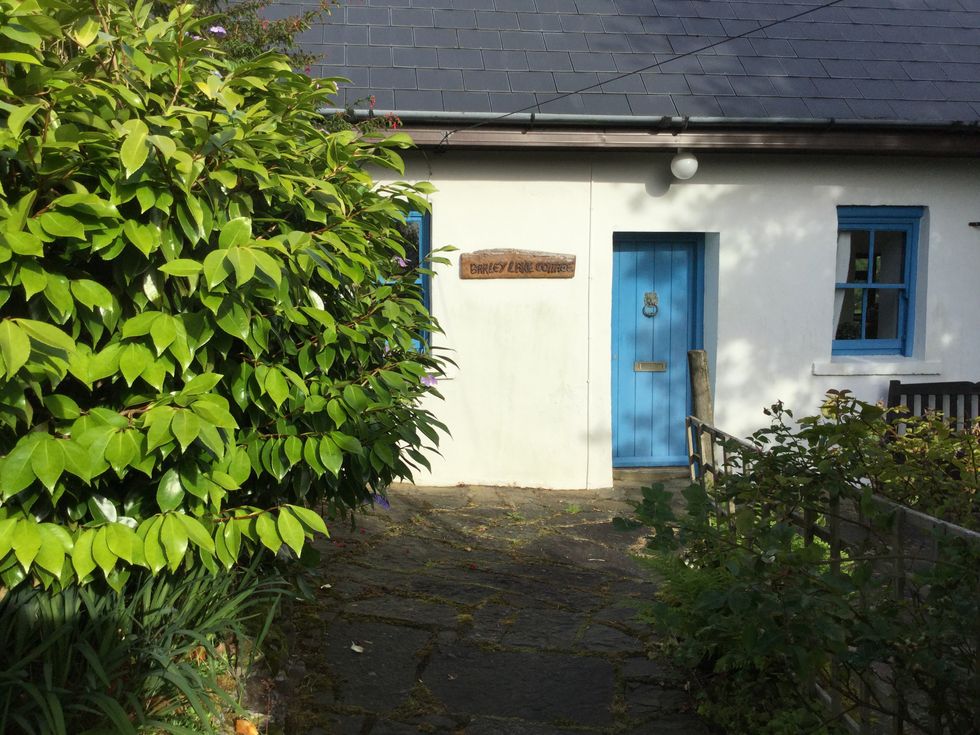 Her cottage in Glengarriff
Her cottage in Glengarriff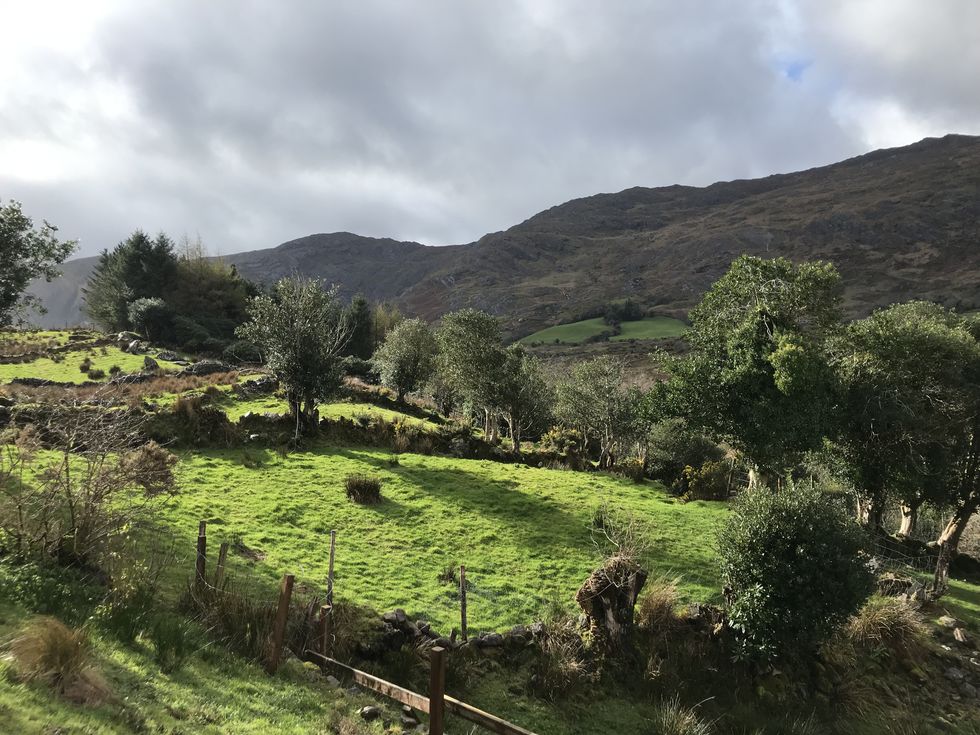 The view of the Caha mountains
The view of the Caha mountains
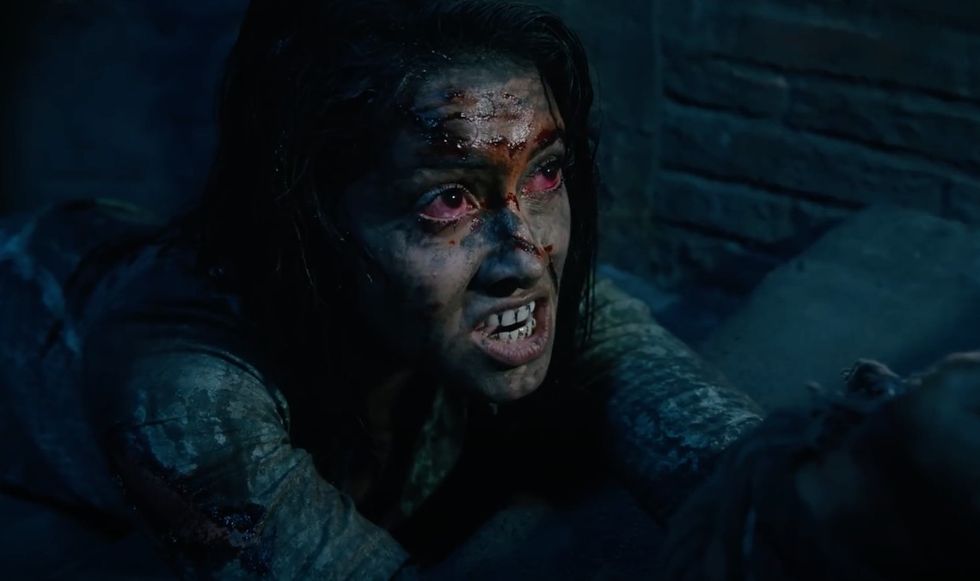 Chhorii 2
Chhorii 2
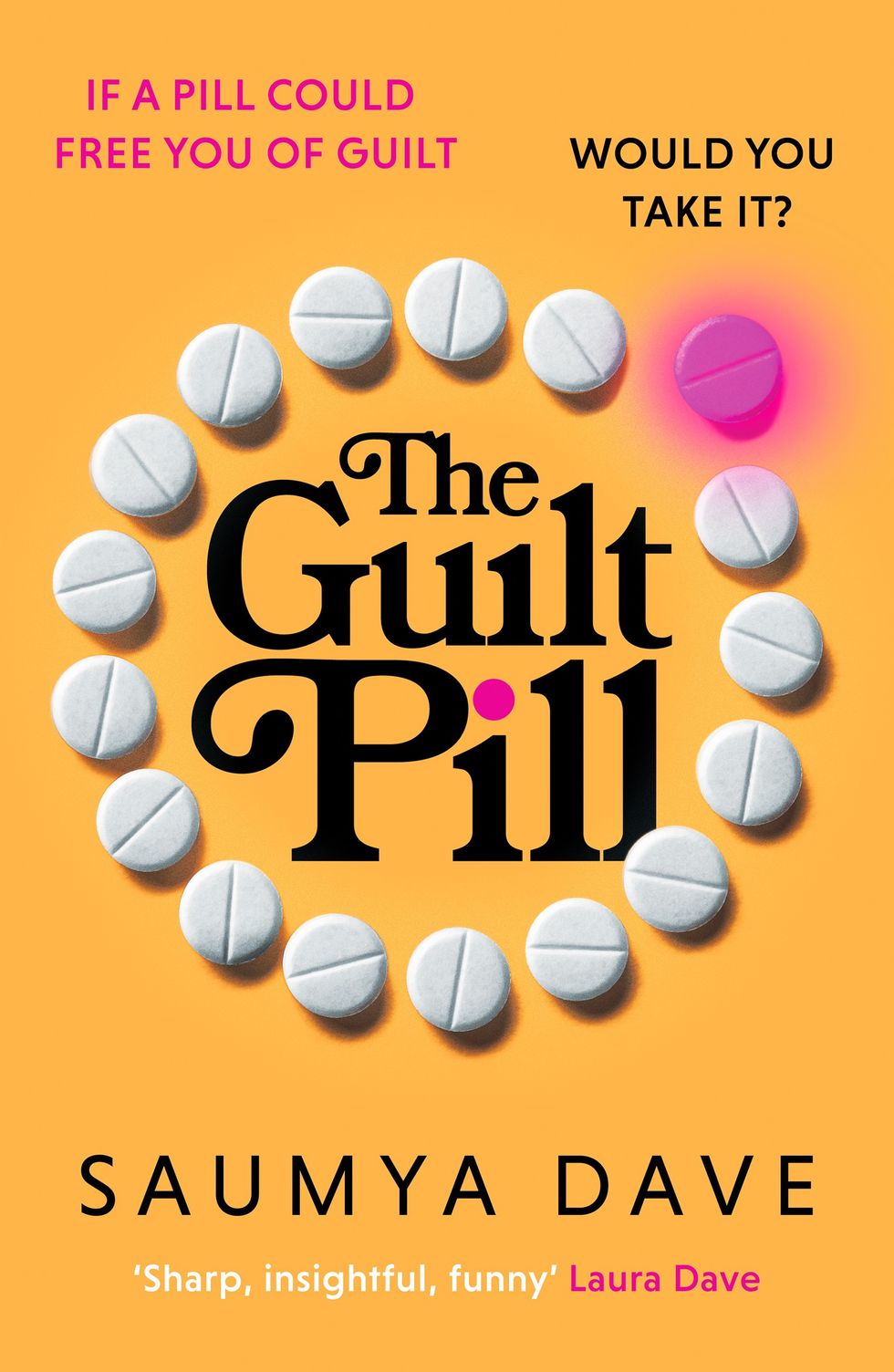 'The Guilt Pill' her latest booksaumyadave.com
'The Guilt Pill' her latest booksaumyadave.com
 Milli Bhatia
Milli Bhatia